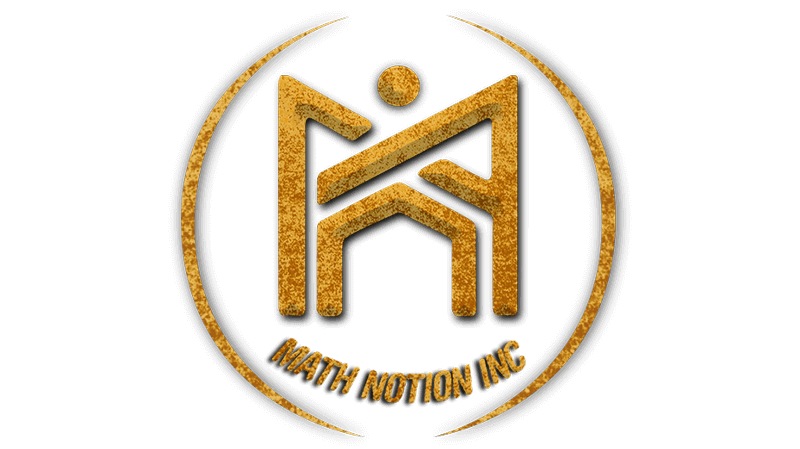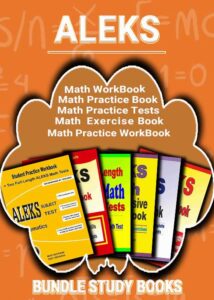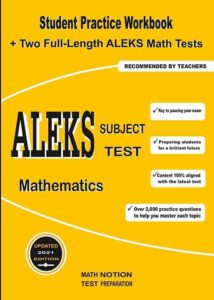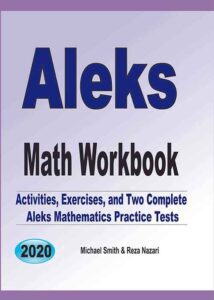
Introduction to the ALEKS Math Test?
The ALEKS (Assessment and Learning in Knowledge Spaces) Math Assessment is a widely-recognized test, taken by over 25 million students globally, in subjects like Math, Chemistry, Accounting, and Statistics. This guide is dedicated to unraveling the intricacies of the ALEKS Math Assessment, providing students with the knowledge and strategies to excel.
Understanding the ALEKS Assessment System
- Unique Assessment Approach: ALEKS distinguishes itself with a unique approach, focusing on understanding and mastery over multiple-choice questions. It utilizes machine learning to pinpoint a student’s mastery of various topics.
- Course Coverage Variety: The ALEKS test offers broad course coverage, tailored to each student’s readiness to learn new topics.
- Progress Visualization: Students’ progress is visually represented through the filling of an ALEKS pie chart, which divides each subject into different slices.
Registration and Fees
Students are required to pay a registration fee of $25, which includes 6 weeks of tutorial material. The test duration is approximately 2.5 hours, and a built-in calculator is provided, eliminating the need for external calculators.
The ALEKS Math Assessment Explained
- Comprehensive Standard Evaluation: Unlike traditional tests, ALEKS doesn’t provide grades or raw scores but identifies the concepts a student has mastered.
- Key Topics Covered: The ALEKS Math Assessment covers a range of topics, from basic real numbers, ratios, and proportions to complex trigonometric functions and statistics.
- Ratios, Proportions, and Percentages
- Equations and Inequalities
- Linear Functions and Exponents
- Polynomials and Quadratic Functions
- Radical Expressions
- Geometry and Solid Figures
- Statistics and Probability
- Complex Numbers
- Trigonometric Functions
Preparing for the ALEKS Math Assessment
- Mastering Basics Before Advanced Concepts: It’s crucial for students to have a strong grasp of basic concepts before tackling advanced topics.
- Regular Practice: Consistent practice is key to understanding and mastering the mathematical concepts.
- Taking Practice Tests: Engaging in both online and written practice tests is essential to gauge readiness and improve skills.
- Scoring and Retake Policy: Scores range from 1-100 points, with the opportunity to retake the test up to three times. ALEKS retains the highest score, which is valid for one year.
- Utilizing Resources: Various online and offline resources are available to help students prepare effectively.
Strategies for ALEKS Success
- Familiarize with the Format: Understanding the ALEKS assessment format and types of questions is crucial.
- Identify and Focus on Weak Areas: Concentrate on subjects where improvement is needed.
- Utilize Study Guides and Resources: Explore study guides and online resources for comprehensive preparation.
- Build Confidence: Regular practice and understanding of concepts will help reduce anxiety and build confidence.
- Effective Time Management: Develop strategies to efficiently manage time during the test.
- Health and Wellness: Maintain a healthy lifestyle, ensuring adequate sleep and nutrition for optimum performance.
- Stay Updated: Keep abreast of any updates or changes in the ALEKS Math Assessment format or content.
Conclusion
Preparing for the ALEKS Math Assessment is a journey of dedication, consistent practice, and strategic planning. By mastering the content and understanding the unique format of the ALEKS test, students can approach this assessment with confidence and achieve their academic goals.





